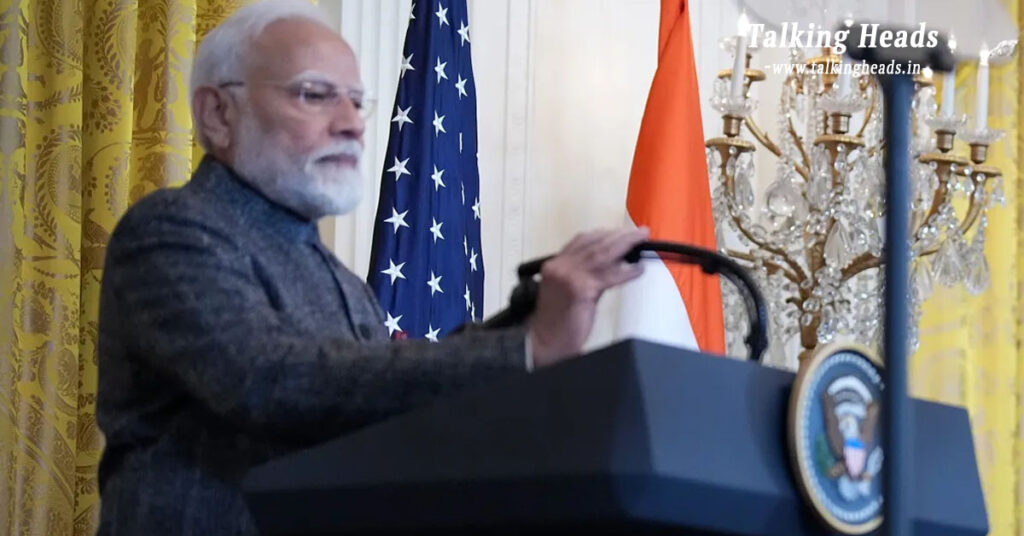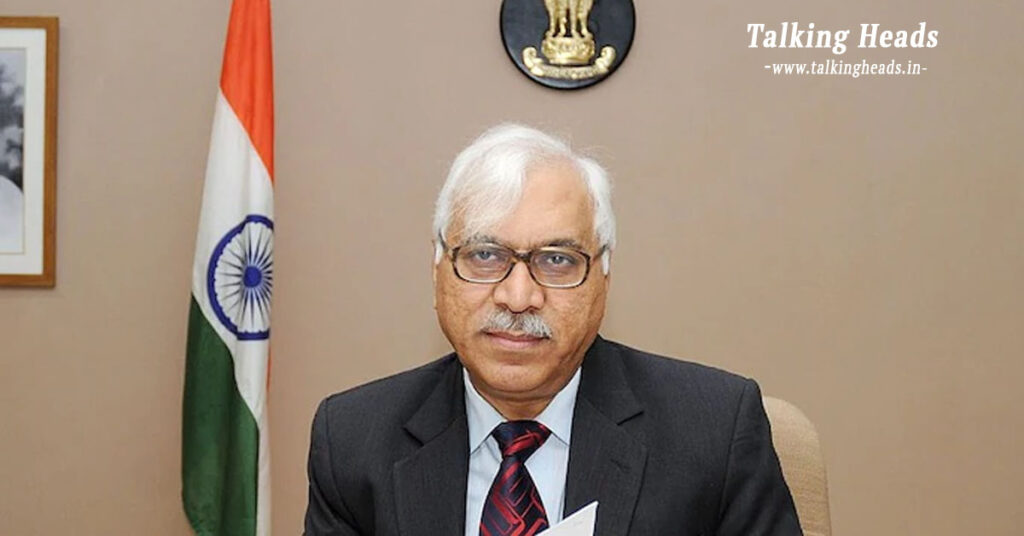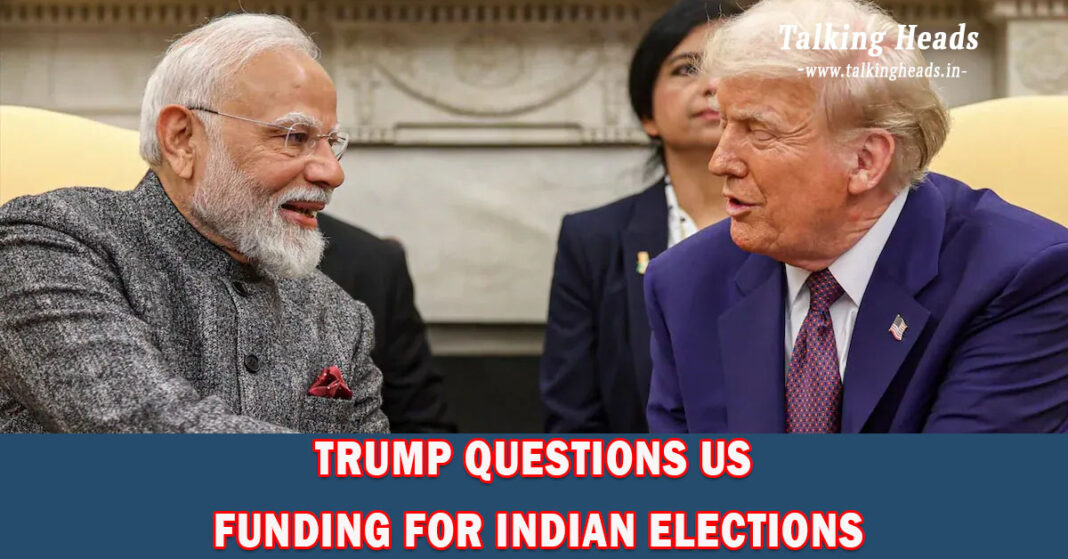Trump Questions US Funding for Indian Elections
In a recent statement, U.S. President Donald Trump has raised concerns over the allocation of 182 crore rupees (around $21 million) towards voter turnout efforts in India. Speaking to the media on Tuesday, Trump questioned the reasoning behind such a large amount of funding, especially given India’s economic strength. He stated, They have plenty of money. India is one of the highest tariff countries, especially when it comes to the U.S. I respect India and its Prime Minister, but why 182 crore?”
Table of Contents
Elon Musk’s Department of Government Efficiency Cancels Funding
The controversy surrounding the funding took a new turn when Elon Musk’s led Department of Government Efficiency (DoGE) announced the cancellation of the 182 crore rupees earmarked for India. The DoGE, responsible for overseeing the effective use of taxpayer money, revealed on Saturday that they had revoked funding for 15 programs, including one aimed at strengthening the global electoral process. This program had an overall funding of 4200 crore rupees, with India set to receive 182 crore rupees as part of the allocation.
In a statement, the DoGE clarified, “All expenditures related to taxpayer money have been canceled.”
BJP Responds: Foreign Interference in India’s Elections
The decision by DoGE has sparked sharp reactions within India, particularly from the ruling Bharatiya Janata Party (BJP). BJP leader Amit Malviya voiced his concerns over the funding, suggesting that it was a clear case of foreign interference in India’s electoral process. He took to social media to criticize the funding, writing, “21 million dollars for voter turnout? This is clearly an external interference in the country’s election process. Who will benefit from this fund?

In a follow-up post, Malviya also accused the Congress Party and international financier George Soros of meddling in Indian elections. Malviya linked Soros with the Gandhi family and alleged that the Congress Party had long been working with Soros’ Open Society Foundations (OSF), which receives funding primarily from USAID.
Congress Demands Investigation into Foreign Interference
The Congress Party, on its part, has condemned any form of foreign interference in the electoral process. They have demanded a thorough investigation into the allegations surrounding the U.S. funding. Congress leaders have urged the Modi government to probe the U.S. Agency for International Development (USAID) claims and take swift action if any wrongdoings are discovered. They emphasized that this is a serious matter, which could undermine India’s democratic process, and that the government must act swiftly to protect the integrity of the elections.
The Congress Party’s response has raised questions about the extent of foreign influence in India’s political sphere. Is it possible that the U.S. is attempting to manipulate India’s elections? These questions are now at the forefront of political discussions in India.
SY Qureshi Denies Allegations of Improper Funding
In the midst of the ongoing controversy, former Chief Election Commissioner (CEC) SY Qureshi has denied any truth to the reports of foreign funding for elections. Qureshi clarified that during his tenure in 2012, an agreement was made between the Election Commission of India and the International Foundation for Electoral Systems (IFES) to promote voter participation, but it had no connection with the reports that have recently surfaced.

Qureshi stressed, “There is not a shred of truth in the reports about millions of dollars in funding from U.S. agencies. During my time as Chief Election Commissioner, an MoU was signed with IFES to train election management bodies, but this did not involve any financial or legal commitments.”
India: MoU Aimed at Electoral Capacity Building
Qureshi further explained that the MoU signed in 2012 was part of an initiative to train officials from various countries at the India International Institute of Democracy and Election Management (IIIDEM), which is an arm of the Election Commission. The agreement aimed at promoting electoral management expertise globally, rather than involving any direct funding for the Indian elections themselves.
The MoU, according to Qureshi, explicitly stated that no party would bear financial or legal responsibilities in relation to the arrangement, dismissing the claims of financial interference in India’s elections as baseless and misleading.
Complexities of Foreign Aid in India’s Elections
The debate over U.S. funding for India’s elections is a complex issue, raising questions about foreign involvement in one of the world’s largest democracies. While some see the funding as an attempt to bolster electoral processes, others, including political leaders like Amit Malviya, view it as a form of foreign intervention.
As this issue continues to unfold, it is vital for India’s election authorities to clarify their position and ensure that no external forces influence the democratic process. The public’s trust in the electoral system must be maintained, and any attempts at external interference, whether real or perceived, should be addressed transparently and swiftly.
The need for transparency, accountability, and a clear distinction between international cooperation and political interference has never been more pressing. With both the ruling party and opposition calling for investigations, it is essential that India’s government takes the necessary steps to safeguard its electoral integrity, ensuring that democracy remains untainted by outside influence.










